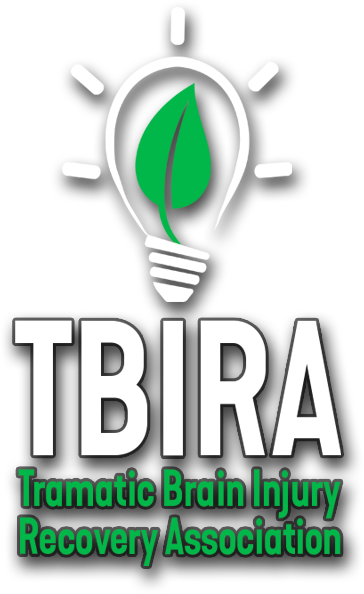Lobbying Actions
Federal Lobbying Initiatives
Federal Lobbying Initiatives
Change TBI definition to “Cognitive Disability in the American’s with Disabilities Act 1990
According to the language of the Americans with Disabilities Act (ADA) of 1990, a traumatic brain injury (TBI) is categorized as an “intellectual disability.” Historically, this term was associated with “mental retardation,” from 1994 with the DMS IV this is now referred to as “developmental disability.”
Identity of the “Intellectual Disabled”.
The Developmentally Disabled represent over 6 million Americans. Developmental disabilities are typically congenital or occur during early life, with onset defined as occurring before the age of 18. However, this classification presents a significant challenge when applied to TBI survivors. The classification implies that TBI survivors lack the intellectual ability (IQ) to comprehend their environment, which influences societal perceptions and interactions.
The Harm of the use of “Intellectual Disabled” to describe TBI Survivors
This misclassification may lead others to underestimate their IQ and related abilities:
- Low expectation of an ability to complete tasks
- Ability to comprehend forms and questionaires
- Low placement in academic environments (not mainstreamed)
- Poor matching of rehabilitation services (DARS misunderstanding the TBI survivor’s intellectual skills and capabilities)
- 1% of individuals with intellectual disabilities were employed,
(Institute on Disability at the University of New Hampshire, https://cbcidd.com/adults-with-intellectual-and-developmental-disabilities-and-employment) Employers are reluctant to offer accommodations.
- Working-age adults (ages 21-64) with intellectual disabilitieover 28% having never held a job.
- legal and financial institution ask for a co-signer or guardian to sign the transaction.
These insults resulting in condescending behavior – poor access to caliber employment, rehabilitation, housing, and daily tasks.
TBI survivors face significant challenges:
- long-term disability
- loss of employment
- housing instability
- erosion of social and familial support
These compounding factors contribute to high rates of depression and, in some cases, suicide among TBI survivors.

